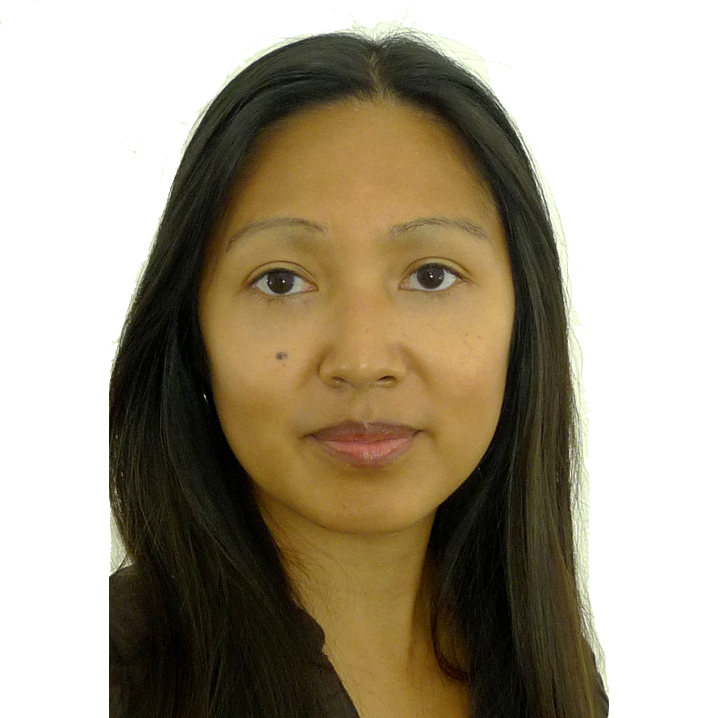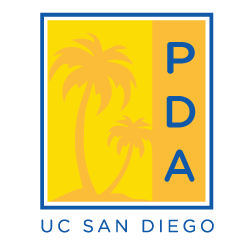
Gizelle Anzures, Ph.D.
Assistant Professor | Florida Atlantic University

- Interview
Interview
Interview by: Alexandra Bortnick
Interview: June 2017
Transition: January 2016
1. Please list your previous department at UC San Diego and provide a brief description of the research you conducted?
I completed my postdoctoral studies at the Center for Human Development (CHD). While at CHD, I conducted neuroimaging research to examine functional brain development.
2. Please describe your current job profile?
As an Assistant Professor, I am responsible for directing a research program in Developmental Psychology, which includes writing grants, obtaining approval from the Institutional Review Board (IRB) to conduct research, training and supervising students in conducting research studies, and disseminating research findings through peer-reviewed publications and presentations at international conferences.
In addition to maintaining an active program of research, I am also responsible for teaching undergraduate- and graduate-level classes, as well as mentoring undergraduate- and graduate-level students.
Finally, on top of research and teaching, I also have service requirements to fulfill at both the departmental level (e.g., serving on faculty search committees and dissertation committees) and the broader college and university level (e.g., serving as a judge at student research conferences or serving on college- or university-level committees or task forces).
3. What made you decide to transition into your current position?
After gaining experience in neuroimaging research at CHD, I felt like I was ready to successfully and independently lead my own research program.
4. Apart from the research you conducted, do you feel like anything in particular has helped you acquire your current position?
Apart from my research program, I think that having strong letters of recommendation and an incoming NIH grant helped me to acquire my current position.
5. Please list some of the most striking similarities and differences between your postdoc and current position?
The most striking similarity between my postdoc and my current position are my research duties. I am very much at home in the world of grant and manuscript writing, conference presentations, and generally conducting research in developmental psychology. The most striking difference between my postdoc and current position is in dealing with more university administration, dealing with more of the finances involved in running a lab, and having more teaching responsibilities (although I was very fortunate in that incoming faculty members in my current department begin with a reasonably light teaching load to give them sufficient time to set up their labs).
6. Is there any specific challenge (during the entire process of transitioning) that you would like to highlight and, if so, how did you overcome it?
For me, the most difficult part of the transition from postdoc to faculty was juggling job applications, job interviews, research responsibilities, and working visa applications. I just did as much as I could and as efficiently as I could.
7. Please describe your goals and ambitions for the next 5 years?
My goals for the next 5 years include mentoring undergraduate and graduate students in conducting research studies, developing undergraduate- and graduate-level classes, systematically addressing the specific aims of my current research grant and publishing these findings, collecting pilot data for future grants, and developing at least two separate research plans to be submitted as grant applications to different funding mechanisms. Oh, and I should probably also apply for tenure.
8. What do you feel is the most important advice you can give to a current UCSD postdoc in order for them to obtain a position such as yours?
The most important advice I can give to current postdocs interested in transitioning into faculty positions is to speak with as many different professors as you can about the faculty interviewing and salary and start-up negotiation processes.
